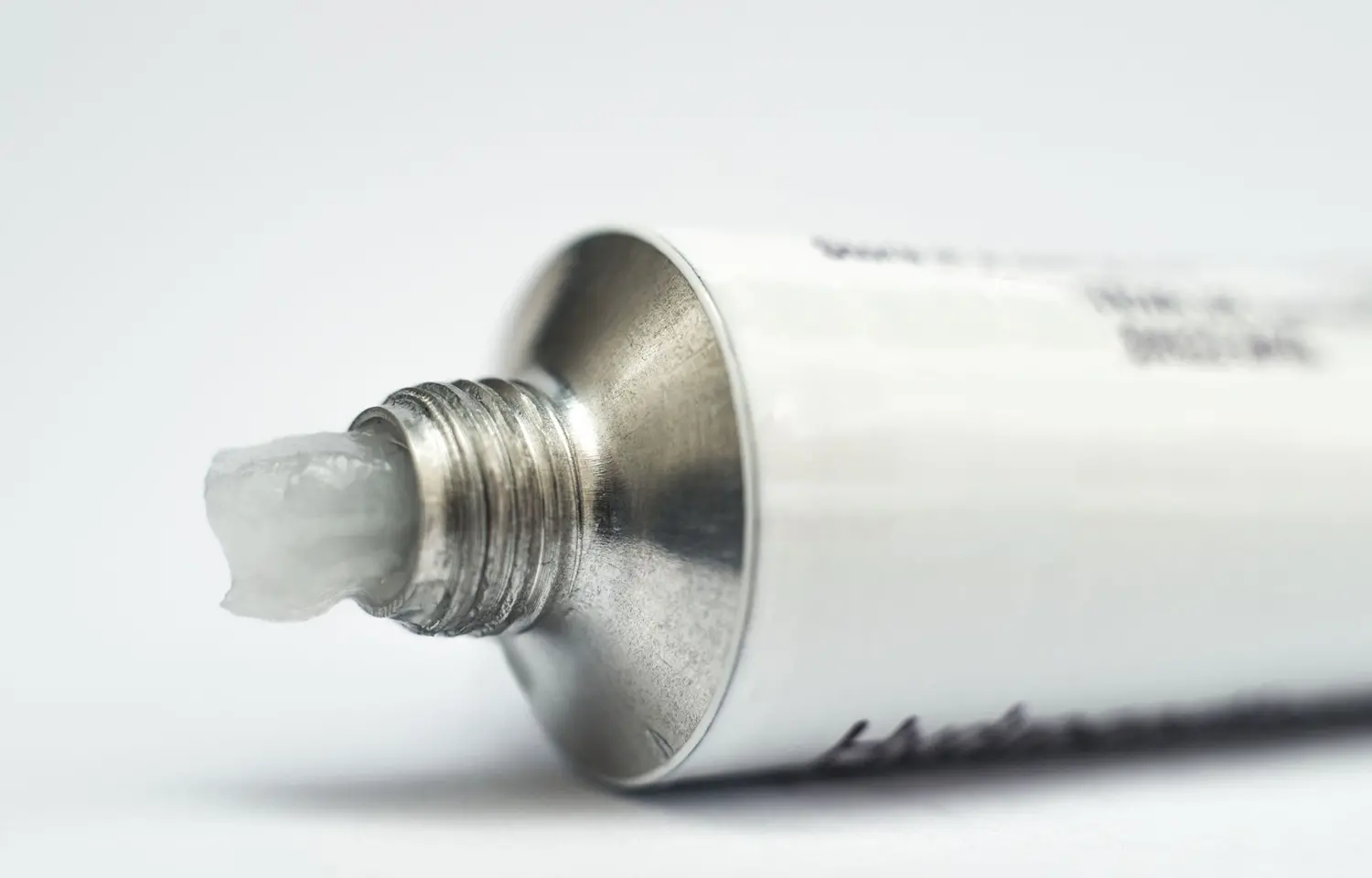- Home
- Medical news & Guidelines
- Anesthesiology
- Cardiology and CTVS
- Critical Care
- Dentistry
- Dermatology
- Diabetes and Endocrinology
- ENT
- Gastroenterology
- Medicine
- Nephrology
- Neurology
- Obstretics-Gynaecology
- Oncology
- Ophthalmology
- Orthopaedics
- Pediatrics-Neonatology
- Psychiatry
- Pulmonology
- Radiology
- Surgery
- Urology
- Laboratory Medicine
- Diet
- Nursing
- Paramedical
- Physiotherapy
- Health news
- Fact Check
- Bone Health Fact Check
- Brain Health Fact Check
- Cancer Related Fact Check
- Child Care Fact Check
- Dental and oral health fact check
- Diabetes and metabolic health fact check
- Diet and Nutrition Fact Check
- Eye and ENT Care Fact Check
- Fitness fact check
- Gut health fact check
- Heart health fact check
- Kidney health fact check
- Medical education fact check
- Men's health fact check
- Respiratory fact check
- Skin and hair care fact check
- Vaccine and Immunization fact check
- Women's health fact check
- AYUSH
- State News
- Andaman and Nicobar Islands
- Andhra Pradesh
- Arunachal Pradesh
- Assam
- Bihar
- Chandigarh
- Chattisgarh
- Dadra and Nagar Haveli
- Daman and Diu
- Delhi
- Goa
- Gujarat
- Haryana
- Himachal Pradesh
- Jammu & Kashmir
- Jharkhand
- Karnataka
- Kerala
- Ladakh
- Lakshadweep
- Madhya Pradesh
- Maharashtra
- Manipur
- Meghalaya
- Mizoram
- Nagaland
- Odisha
- Puducherry
- Punjab
- Rajasthan
- Sikkim
- Tamil Nadu
- Telangana
- Tripura
- Uttar Pradesh
- Uttrakhand
- West Bengal
- Medical Education
- Industry
Study finds effectiveness of topical corticosteroid regimen for eosinophilic esophagitis

A new study published in the Clinical Gastroenterology and Hepatology journal examined the effectiveness of topical corticosteroid (tCS) regimens for eosinophilic esophagitis (EoE) has revealed that both once-daily and twice-daily dosing provide comparable outcomes. These findings could help simplify treatment protocols and reduce concerns about less frequent dosing regimens.
The research at the University of North Carolina involved a retrospective analysis of 522 patients with newly diagnosed EoE from the UNC EoE Clinicopathologic Database. The participants received either once-daily (n=122) or twice-daily (n=400) tCS regimens and underwent follow-up endoscopies with biopsies to assess treatment outcomes.
The key demographic differences emerged between the 2 groups. Patients on the twice-daily regimen were slightly older on average (28.8 years vs. 24.3 years) and reported higher rates of heartburn (40% vs. 25%). Despite these distinctions, treatment outcomes demonstrated no significant variation. The study evaluated several key measures of EoE treatment success, were both groups had similar rates of symptom improvement, with 78% for once-daily dosing and 76% for twice-daily dosing.
Defined as having fewer than 15 eosinophils per high-power field (eos/hpf) in post-treatment biopsies, histologic response rates were nearly identical which was 56% for once-daily dosing versus 58% for twice-daily. Post-treatment eosinophil levels averaged 20.8 for once-daily dosing and 25.6 for twice-daily, a statistically insignificant difference.
EoE Endoscopic Reference Scores were used to measure inflammation and structural changes, were similar in both groups (2.2 for once-daily and twice-daily). Also, a notable difference was the lower frequency of candida infections with once-daily dosing (2% vs. 8%) by suggesting it may have a better safety profile.
Multivariate analysis confirmed no significant difference in histologic response rates between the dosing regimens, with an adjusted odds ratio of 1.03. These findings indicate that both once-daily and twice-daily dosing are equally effective for managing EoE. This study provided reassurance to clinicians and patients that less frequent dosing does not compromise treatment efficacy. Also, the reduced risk of candida infections with once-daily dosing offers a strong advantage.
As EoE management continues to evolve, these results could inform simpler and more patient-friendly treatment regimens. Overall, the findings hold significant implications for clinical practice by highlighting that effective EoE treatment need not require the higher burden of twice-daily medication administration.
Source:
Reed, C. C., LaFata, S. S., Gee, T. S., Thel, H. L., Cameron, B. A., Xue, A. Z., Kiran, A., Ocampo, A. A., McCallen, J., Lee, C. J., Borinsky, S. A., Redd, W. D., Barlowe, T., Kaakati, R. N., Cotton, C. C., Eluri, S., & Dellon, E. S. (2024). Daily or Twice Daily Treatment with Topical Steroids Results in Similar Responses in Eosinophilic Esophagitis. In Clinical Gastroenterology and Hepatology. Elsevier BV. https://doi.org/10.1016/j.cgh.2024.10.016
Neuroscience Masters graduate
Jacinthlyn Sylvia, a Neuroscience Master's graduate from Chennai has worked extensively in deciphering the neurobiology of cognition and motor control in aging. She also has spread-out exposure to Neurosurgery from her Bachelor’s. She is currently involved in active Neuro-Oncology research. She is an upcoming neuroscientist with a fiery passion for writing. Her news cover at Medical Dialogues feature recent discoveries and updates from the healthcare and biomedical research fields. She can be reached at editorial@medicaldialogues.in
Dr Kamal Kant Kohli-MBBS, DTCD- a chest specialist with more than 30 years of practice and a flair for writing clinical articles, Dr Kamal Kant Kohli joined Medical Dialogues as a Chief Editor of Medical News. Besides writing articles, as an editor, he proofreads and verifies all the medical content published on Medical Dialogues including those coming from journals, studies,medical conferences,guidelines etc. Email: drkohli@medicaldialogues.in. Contact no. 011-43720751


